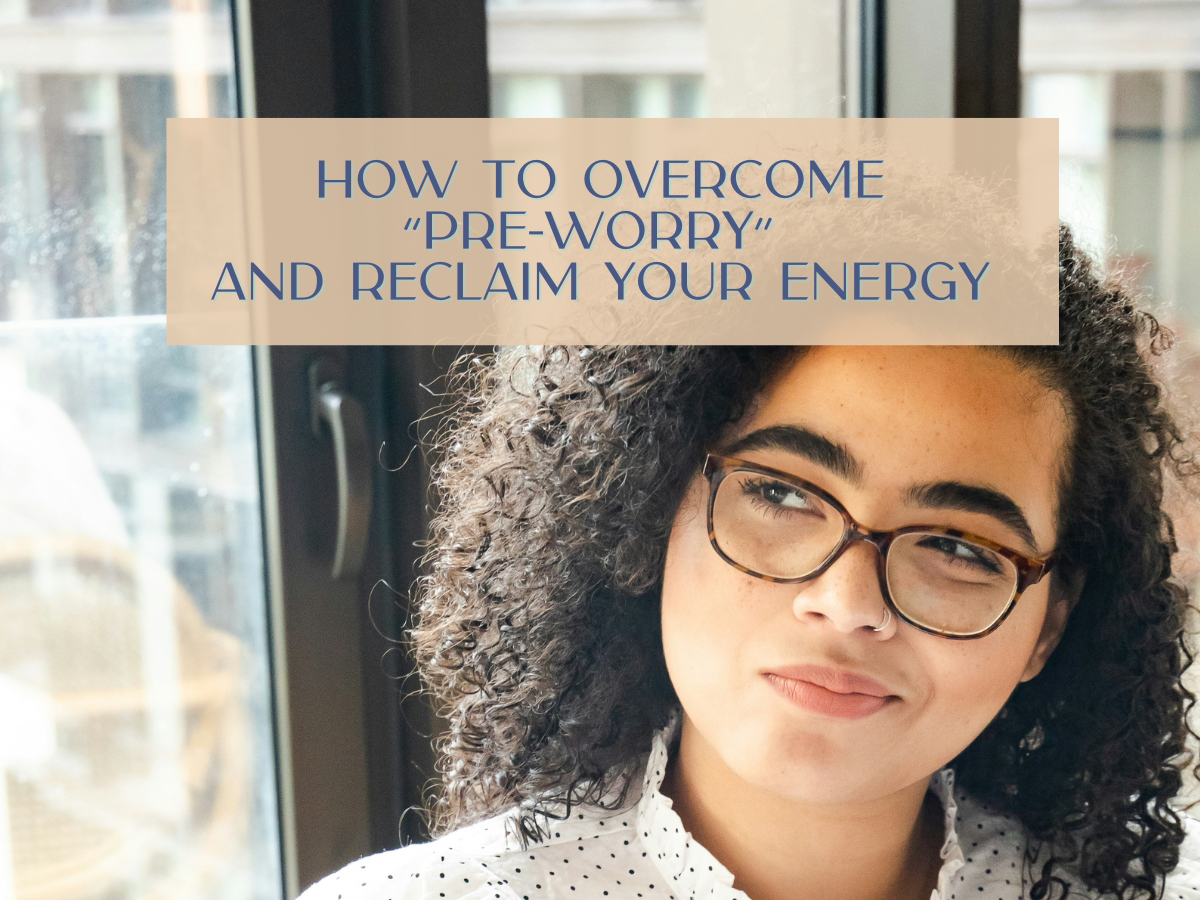
Understanding Pre-Worry
Pre-worry is short for preemptive worrying. It’s when we start envisioning negative outcomes for situations that haven’t even occurred. For example, you might pre-worry that your project will be criticized, or that you won’t get a response from someone you care about. Pre-worry thoughts drain your energy and create unnecessary anxiety.
In my experience as a psychologist, I’ve seen that anxiety is often a waste of time and energy. It involves repeatedly thinking about future events that we don’t want to happen. This habit can feel unbreakable for some people, while for others, it might only crop up during stressful times or gaps when the outcome is uncertain.
Reclaiming Your Energy from Anxiety
I want you to know it’s possible to reclaim the energy you lose to anxiety and use it to propel yourself towards the outcomes you desire. When you focus on positive outcomes, you stand a much better chance of achieving them. Feeling well, optimistic, and prepared makes it easier to reach your goals.
Here are some practical strategies to help you break the habit of pre-worry and reclaim your energy:
- Move Up Your Deadlines: Instead of procrastinating, set earlier deadlines for yourself. This creates a sense of urgency that can help you get things done sooner and reduce the time you spend worrying.
- Break Down Your Goals: Keep your project tasks manageable by breaking them down into smaller, doable sections. This makes the work feel less overwhelming and allows you to celebrate small victories along the way.
- Celebrate Small Wins: Incorporate small victory celebrations into your workday. Treat yourself to something enjoyable after completing a task. This helps you avoid burnout and keeps you motivated.
Building Mental Resilience
As a psychologist, I’ve learned that anxiety is something we can choose to let go of. While some aspects of anxiety may feel involuntary, there’s a large part that is voluntary. By focusing on positive outcomes and using strategies like the ones I’ve shared, you can lift yourself out of negativity and stress.
Remember, the future hasn’t happened yet. We often waste energy worrying about things that may never come to pass. Instead, focus on the present moment and what you can do to create a positive future.
Final Thoughts
I hope this blog post has helped you reflect on your patterns of worry and given you some tools to reduce the time and energy you spend on anxiety. You are the creator of your future, just like Harold in the book “Harold and the Purple Crayon.” You have the power to draw the landscape, mood, and outcomes you desire.
To listen to the Make Time for Success podcast episode that inspired this blog post, visit: https://www.maketimeforsuccesspodcast.com/building-mental-resilience-techniques-for-overcoming-anxiety/

